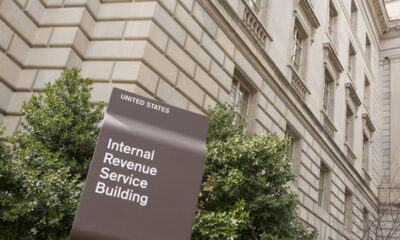Democrats Try To Seize Control Over Debt Ceiling Power

In a move that should raise concern with fiscal conservatives, House and Senate Democrats are said to be making a play to alter the debt ceiling procedure. This initiative comes on the heels of Congress brokering a deal just ahead of the forecasted debt default date by Treasury Secretary Janet Yellen, allowing the Treasury Department to continue servicing the nation’s debt.
The new legislation, the Debt Ceiling Reform Act, could shift a significant portion of power from Congress to the Treasury Department. The sponsors, Sen. Dick Durbin (D-IL) and Rep. Brendan Boyle (D-PA) aim to make the Treasury Department responsible for meeting the country’s financial commitments. The proposal, they say, is a reaction to the “near catastrophic default,” which they attribute to “political maneuvering by Republicans.”
Should the bill become law, the Treasury would have the green light to pay the country’s bills unless Congress passes a veto-proof joint disapproval resolution within 30 days. This would require a two-thirds majority in both the House and Senate. Boyle suggested that they had taken cues from a proposal by then-Senate Majority Leader Mitch McConnell (R-KY) that targeted the debt limit crisis in 2011.
Many conservatives, however, question the wisdom of such a change. They argue that it gives too much control over the nation’s financial future to the executive branch, threatening the system of checks and balances.
The handling of the nation’s borrowing limit has been a contentious issue in Washington. Democrats have accused Republicans of exploiting the limit for political gain, while Republicans criticize Democrats for delaying negotiations. Despite this, the Fiscal Responsibility Act, which increases the nation’s borrowing limit through 2025, was passed with bipartisan support and was signed into law by Joe Biden.
Both parties claim to recognize the necessity of fiscal responsibility but hold contrasting views on the best approach to achieve it. America First Republicans are pushing for more significant government spending reductions, while the majority of far-left Democrats are opposed to any social program spending cuts.
As we move forward, it is crucial to keep an eye on this development. The proposed changes could fundamentally reshape how America manages its debt and spends its money, moving control away from the people’s representatives and closer to the executive branch. How this will impact our financial stability and the future of our nation is a matter that warrants serious thought and discussion.






















